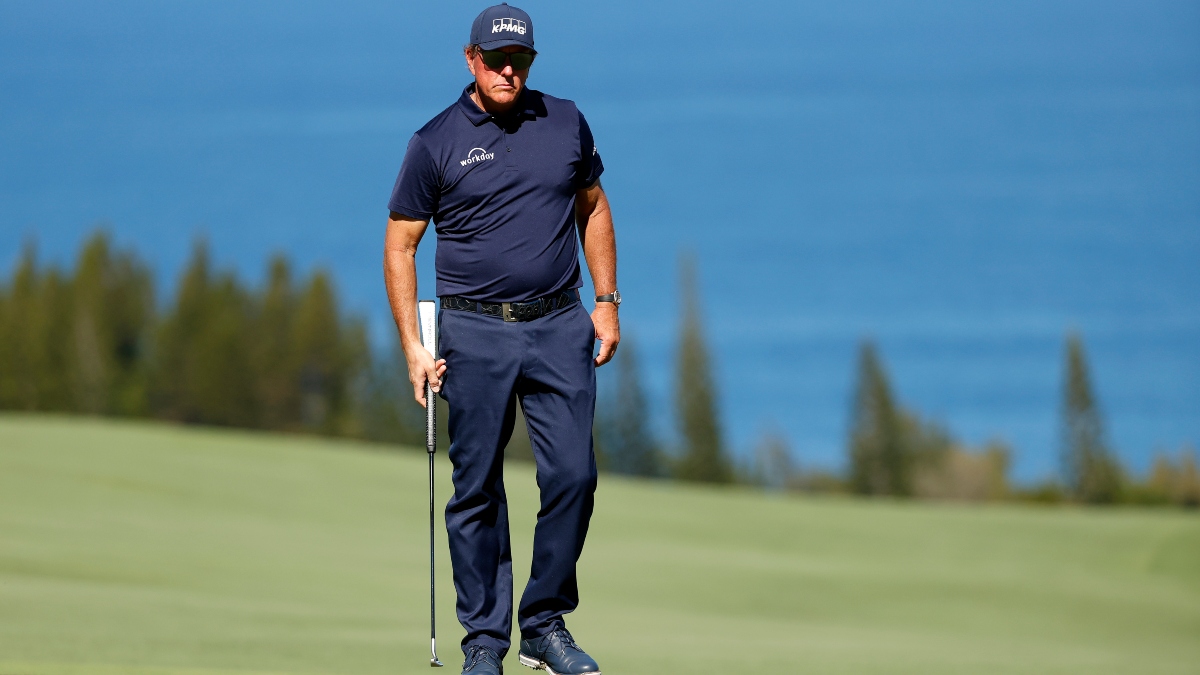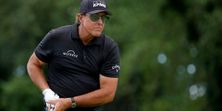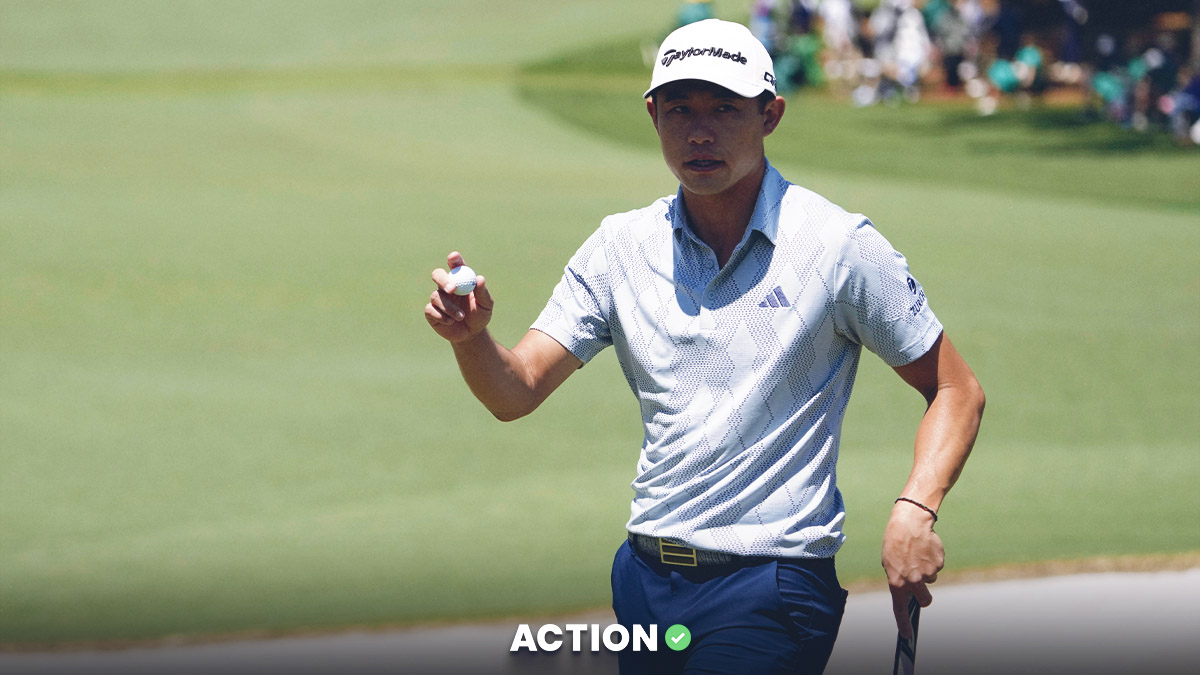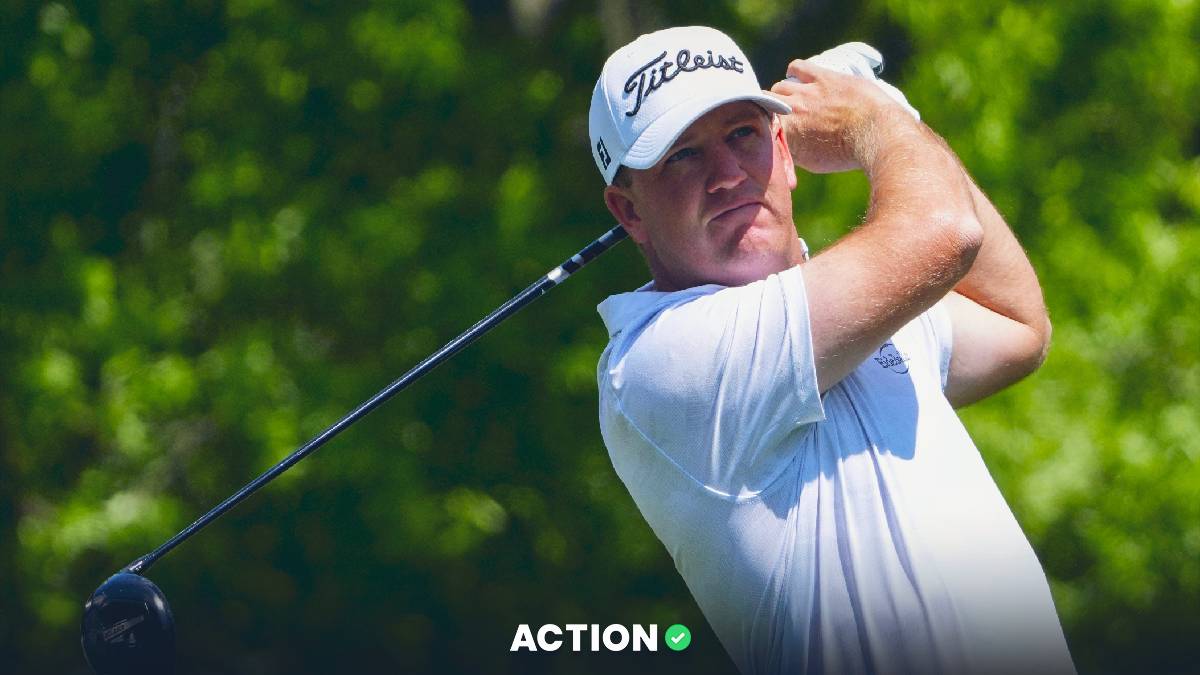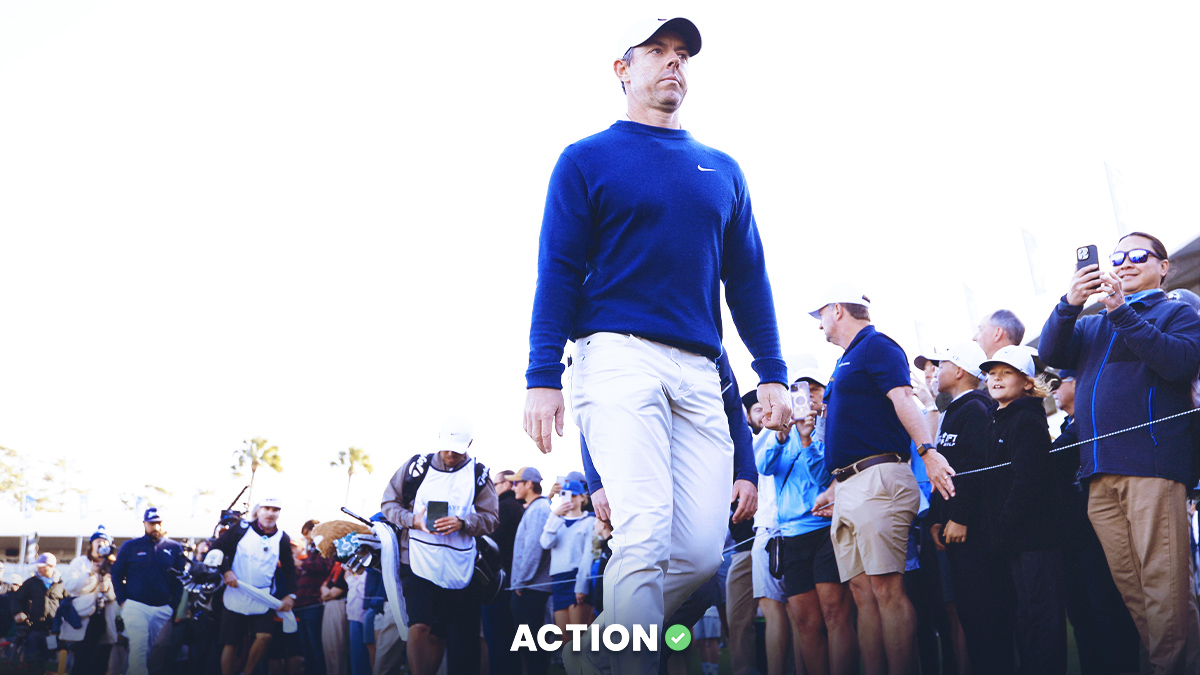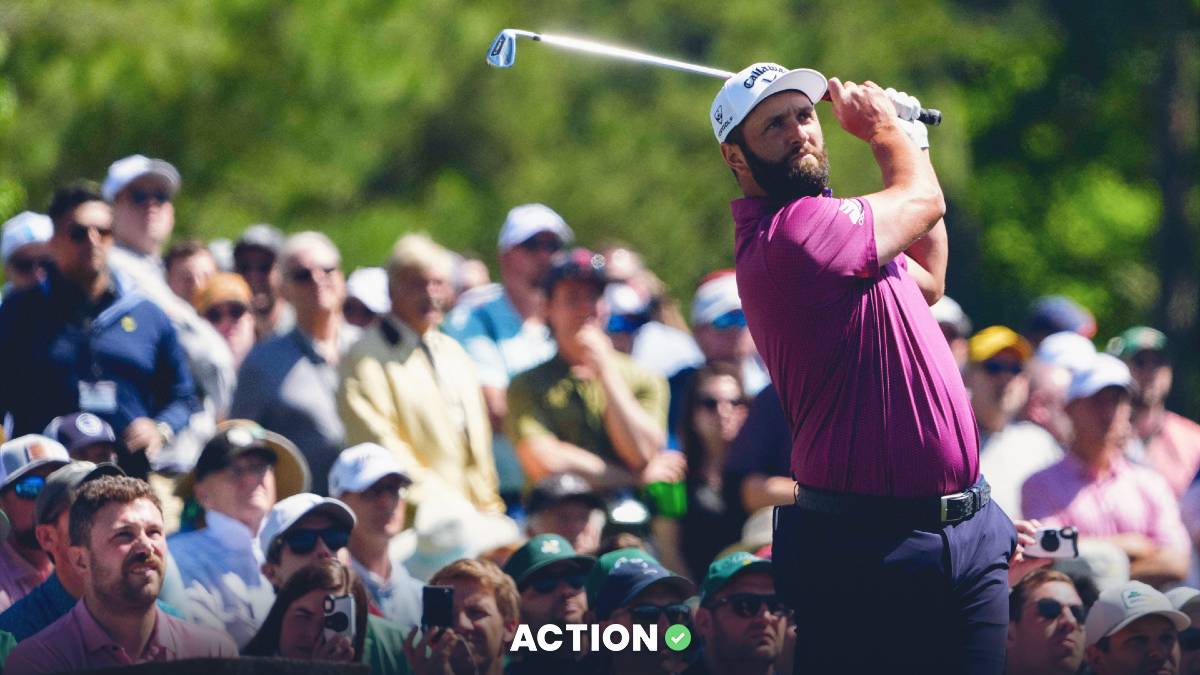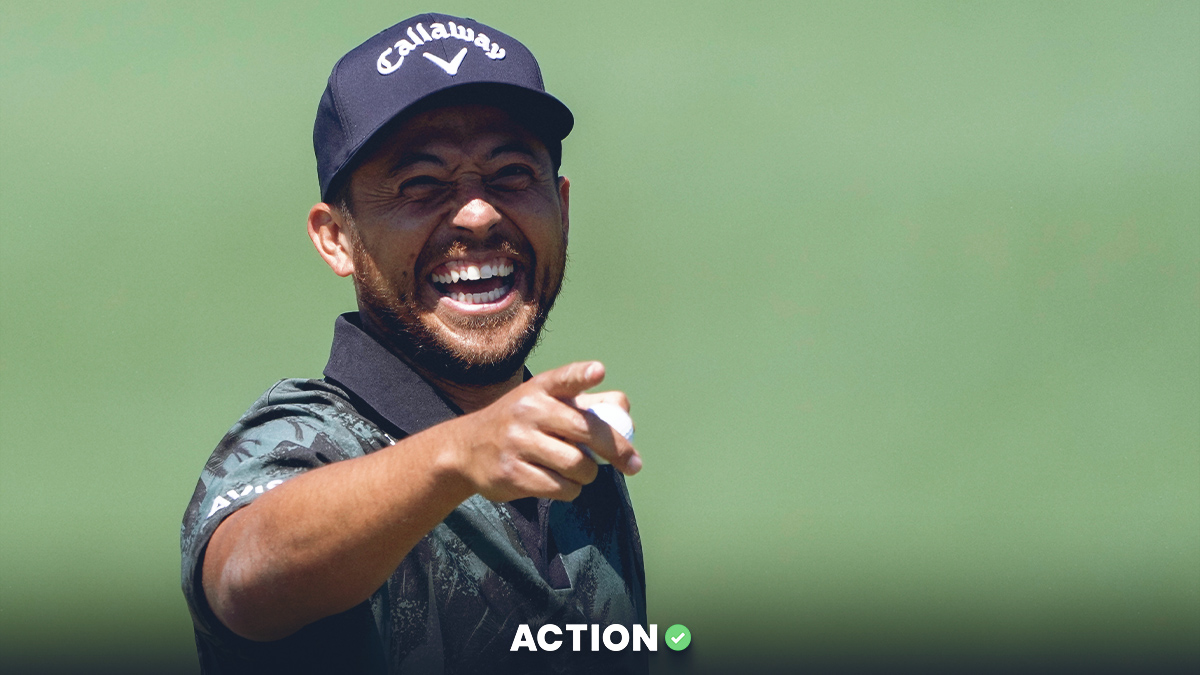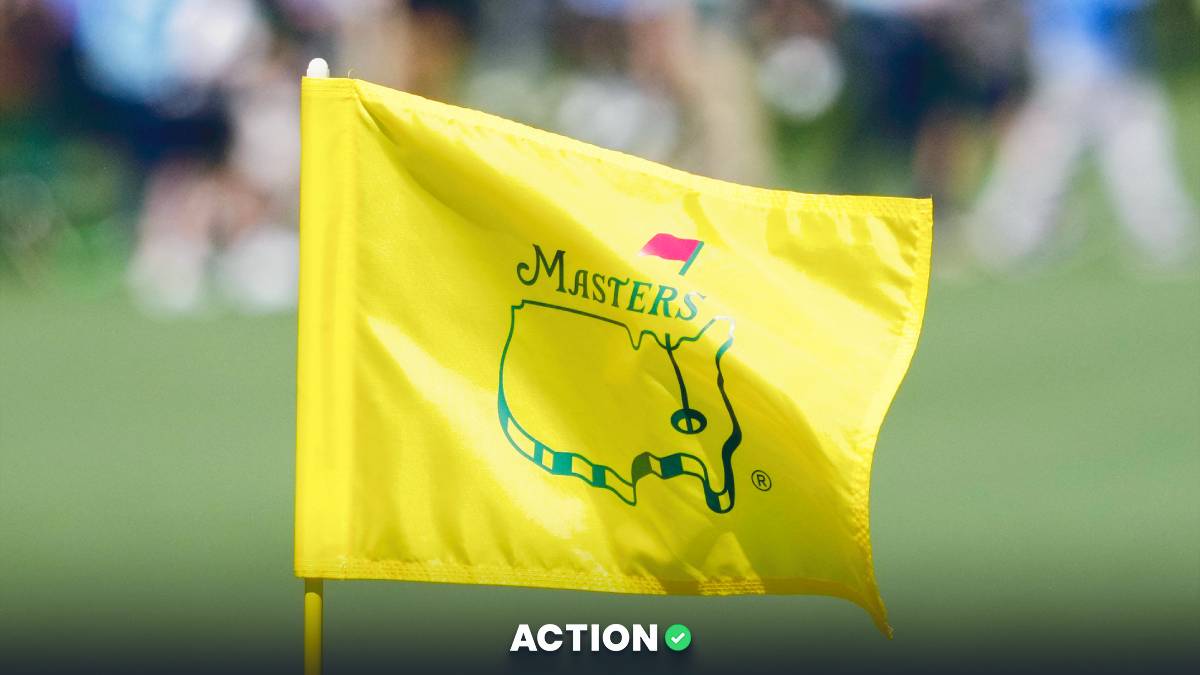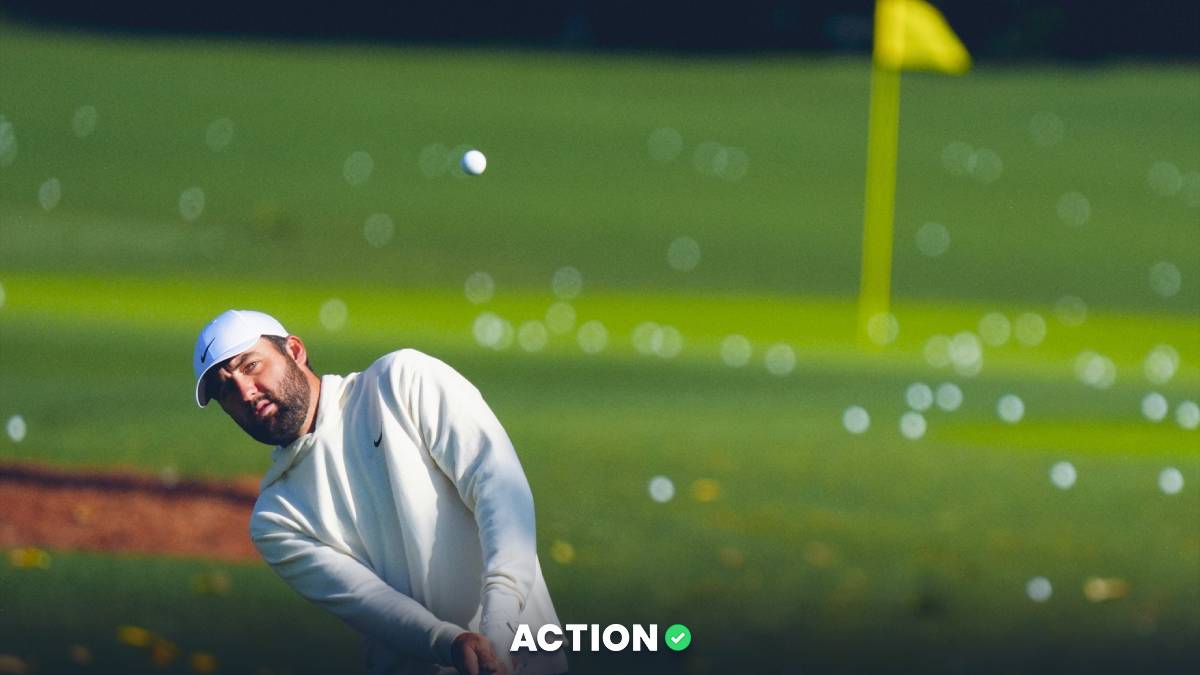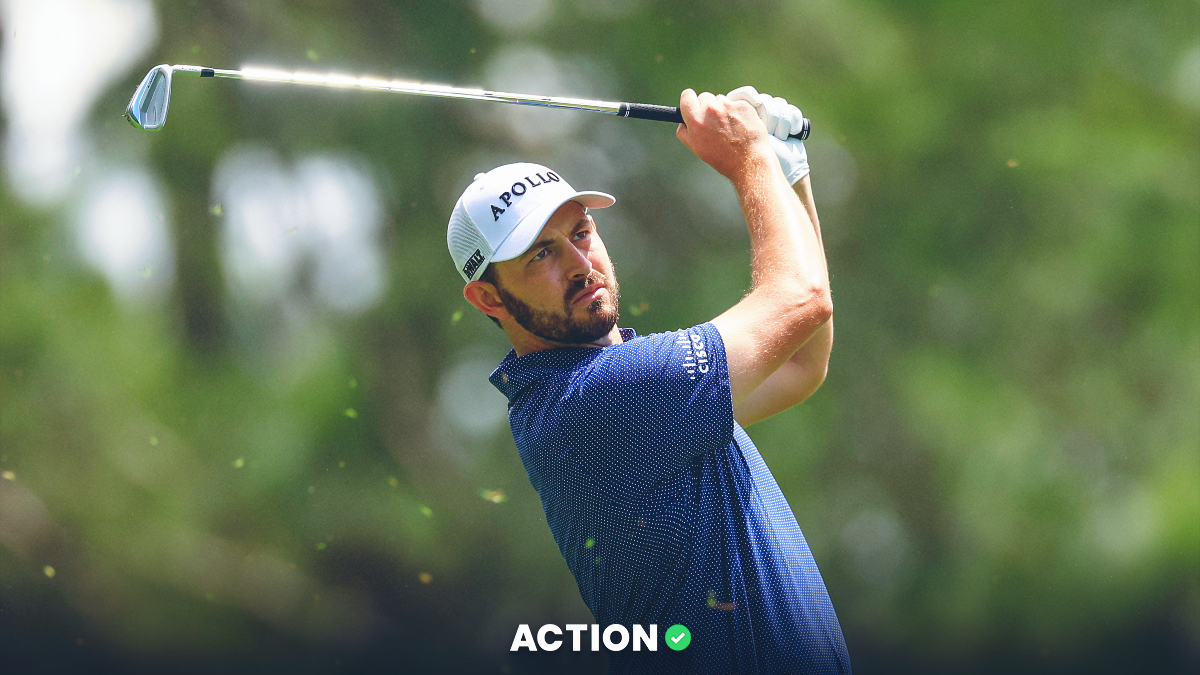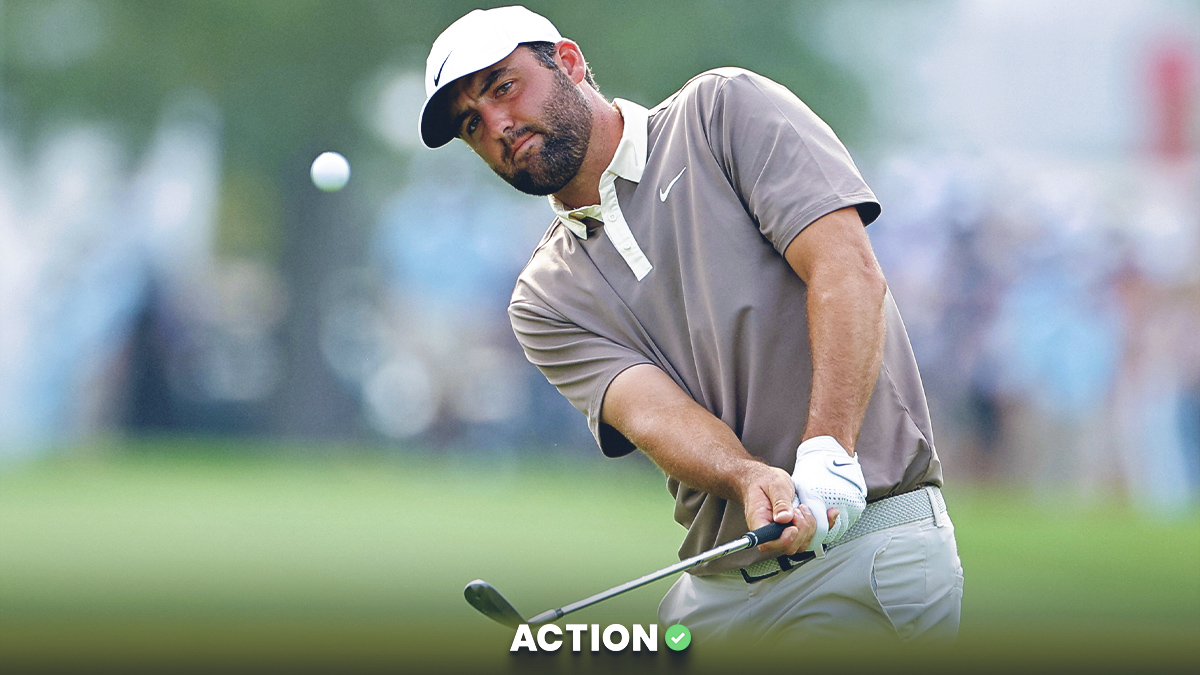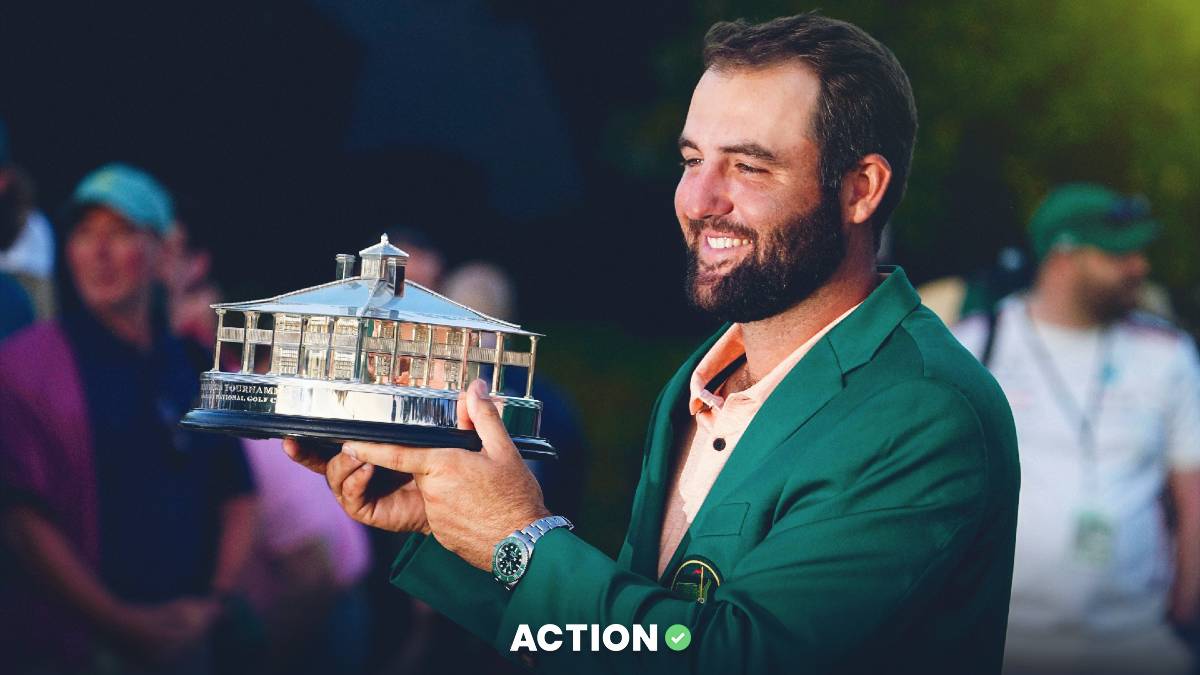On February 26, 2010, 12 years ago to this day, Gatorade dropped Tiger Woods, immediately dumping the sporting world’s top endorser, and said it no longer saw a role for the golfer in its marketing.
It was third brand to drop Tiger, following moves by AT&T and Accenture. Eventually Gillette and Tag Heuer followed. Nike stood by his side, despite it pulling his TW branded products off the shelves.
The world understood these moves.
Woods‘ publicized car accident in his driveway revealed the story of his infidelity that lead to a costly divorce and a clinic to rehabilitate himself from an apparent sex addiction. Simply put: Tiger Woods was invested in not only because he was great, but because he was as squeaky clean as they come. When that wasn’t the case, the business world turned on him.
Now, Tiger’s longtime foil Phil Mickelson has similarly lost it all but in a way that no one in the history of sports endorsements has ever lost deals.
But was what Mickelson said so awful? How could he lose all these deals? The answer? Mickelson allowed them to drop him. Let’s run it back for context.
When players went to the Saudi International earlier this month, Mickelson took the opportunity to talk about the why the Saudi Golf League, a competitive business which has sought to lure the world’s best golfers, had merit against the background of what the PGA Tour currently offers.
“If the tour wanted to end any threat [from rival leagues], they could just hand back the media rights to the players. But they would rather throw $25 million here and $40 million there than give back the roughly $20 billion in digital assets they control,” Mickelson told Golf Digest. “They also have access to my shots, access I do not have. They also charge companies to use shots I have hit.”
Mickelson’s math was that PGA Tour players got 26 percent of revenues, while the PGA Tour shot back and said its revenue sharing was actually 55 percent, in line with other leagues. To be fair, no player in any major sports league ever owns the rights to their own video on the field of play, and yes, leagues can sell that video to companies for use. This practice has been happening in the NFL and NBA since the early 90s.
Nevertheless, Mickelson pushed further saying that “the Tour’s obnoxious greed has really opened the door for opportunities elsewhere.”
If we’re scoring at home, what Phil says is uncomfortable, but he doesn’t lose any endorsement deals from this. He’s needling the PGA Tour, but it’s not deal breaking.
Then came his comments to veteran golf writer Alan Shipnuck. This time, he addressed the elephant in the room about the Saudis.
“They’re scary motherf—— to get involved with,��� he said. “We know they killed [Washington Post reporter and U.S. resident Jamal] Khashoggi and have a horrible record on human rights. They execute people over there for being gay. Knowing all of this, why would I even consider it? Because this is a once-in-a-lifetime opportunity to reshape how the PGA Tour operates.
"They’ve been able to get by with manipulative, coercive, strong-arm tactics because we, the players, had no recourse. As nice a guy as [PGA Tour commissioner Jay Monahan] comes across as, unless you have leverage, he won’t do what’s right. And the Saudi money has finally given us that leverage.”
While this wasn’t technically smart to say because Mickelson is now hurting his own leverage by bashing the Saudis, does it lead one to lose all of his endorsements?
The answer again is no.
To this point, two companies — KPMG and Amstel Light — have dropped Mickelson. Mickelson’s Amstel deal is small, but his KPMG deal is huge, and it’s a 13-year relationship.
Here, KPMG, which has offices in Saudi Arabia, takes huge risk in dropping him because, to that point, no moral clause had likely kicked in. Did he say uncomfortable things? Yes. Does he say things that are morally reprehensible. No.
Complicating things further in comparing Mickelson’s situation to Tiger is that it’s a tougher choice because the “offense” is less clear and, frankly, companies knew at the time that Woods would be irrelevant for a while.
Mickelson isn’t. He‘s the reigning PGA champ. He captained the Ryder Cup in a blowout. And, for what it’s worth, he won four of his first six starts on the PGA Champions Tour.
But then comes Phil’s statement or half apology. And it’s actually in the apology that Mickelson opens the door to lose the roughly all of the $40 million in annual endorsements.
Although Mickelson’s 530-word apology was all over the place, he says in the first paragraph the words he used were reckless and offensive. That alone activates morals clauses. The subject himself acknowledges that what he said was damaging.
Then Mickelson does what I’ve never seen in 21 years of reporting on the business of sports. Mickelson, in his apology, says I understand if you cut your deals off with me.
“I have given all of (my sponsors) the option to pause or end the relationship as I understand it might be necessary given the current circumstances,” Mickelson wrote.
Mickelson is a loner. Only a “yes man” agent would approve that apology, and no lawyer would ever allow him to say what he said.
After Mickelson’s words, why wouldn’t sponsors dump him? There’s no legal exposure after he opened the window. And his sponsors jumped at the opportunity. Workday was next, and Callaway chose to hit pause.
Yes, Mickelson didn’t say things that were ideal for his future relationships with the Tour or the Saudis, but his most financially damaging comment was in his apology where he allows companies the out. Thoughtful? Yes. Millions of dollars in losses? Yes.
Mickelson has likely lost more money than he would have made as a guarantee for his first year in the Saudi Golf League.


